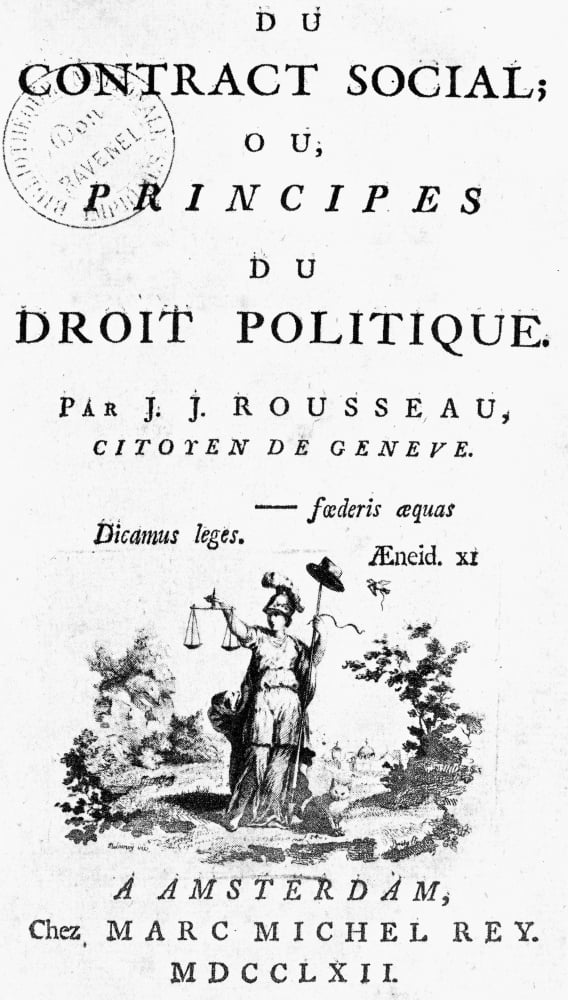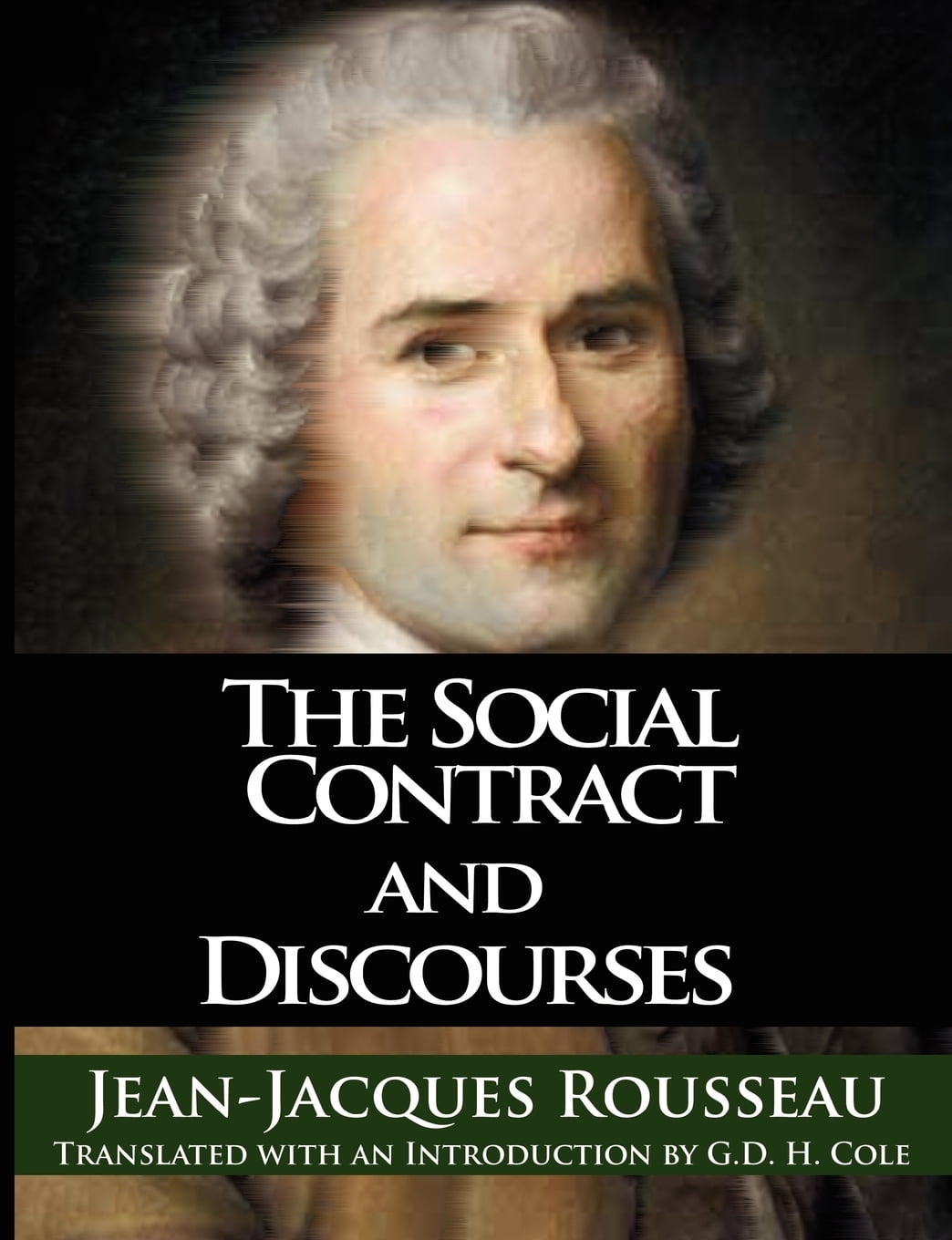

For instance, at this stage, children can grasp basic scientific principles that connect to and amplify the lessons of nature. In Book 3, the growing child begins to explore various interests, which lead to the rudiments of a profession or trade that will provide independence and sustain him or her throughout life. Rousseau’s ideal classroom is the great outdoors, where young people, making vigorous use of arms, legs, hands, and senses, learn much more useful wisdom than they can get from poring dutifully over dusty tomes. Instead, children should study the lessons of nature, so that they may learn fully the rules of the physical universe and grow into self-reliant adults who possess good judgment and intuition. Childhood is not the time for teaching the art of reasoned arguments and ethical discussions.

Nature, says Rousseau, is the best teacher, and it’s never too soon for a child to begin learning from it.īook 2 condemns the practice of training children as if they are tiny grown-ups merely in need of scholarly information.

As the text unfolds, a fictional student, Emile, appears frequently his experiences make vivid Rousseau’s approach to education.īook 1 argues that infants and toddlers are already learning and shouldn’t be swaddled, cooped up indoors, or overly protected but instead allowed to explore the world. Rousseau organized Emile into five “Books,” each focusing on a different aspect of children’s education. His theories about democracy and the general will, as well as his radical views on the purpose of education, continue to inspire revolutionaries and influence educators and political theorists.

This severe response helped make Rousseau-already famous in Europe as a novelist-world-renowned as a philosopher, an honor that endures today. Along with Rousseau’s political treatise, The Social Contract (also published in 1762), Emile was banned and copies of the book were publicly burned.


 0 kommentar(er)
0 kommentar(er)
